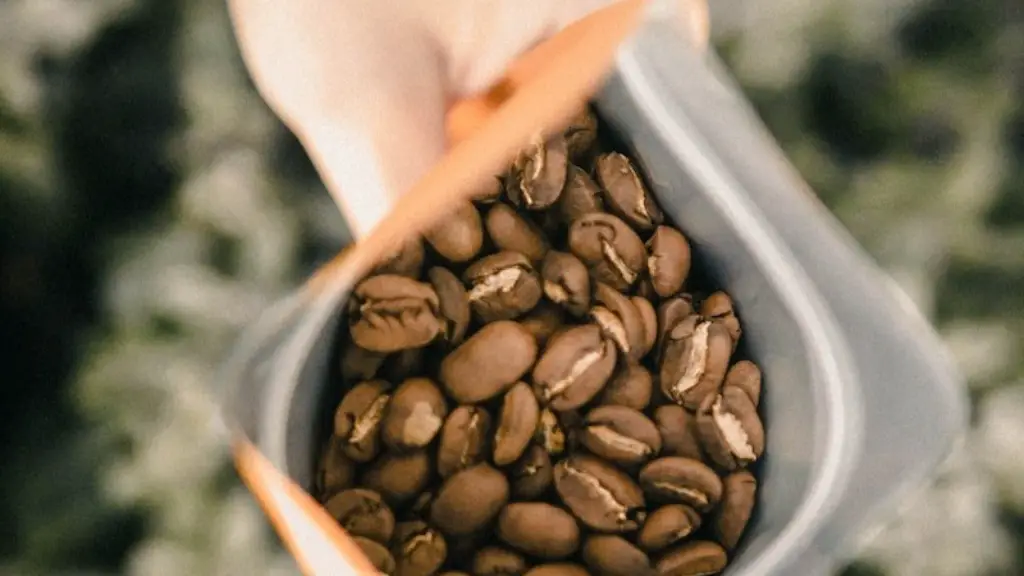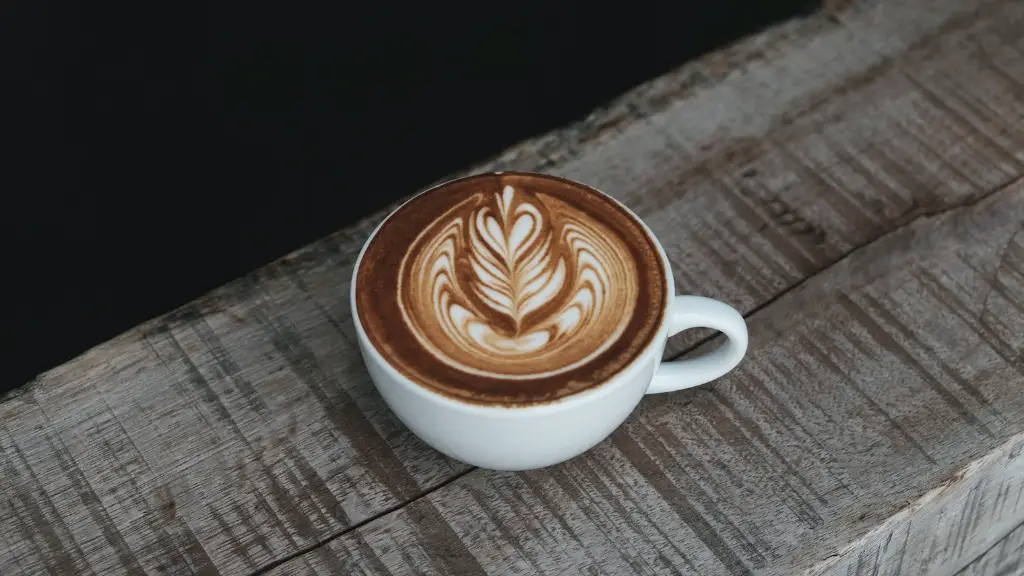Most people enjoy a good cup of coffee and understand the occasional lingering heartache that can follow – but why? Many of us scoff at the suggestion of a caffeinated beverage being linked to any type of cardiovascular discomfort, yet science has revealed more than meets the eye when it comes to that comforting cup of Joe. From genetics to caffeine overdose, there are a number of reasons why your heart hurts when you drink coffee.
Studies have shown that the pain in your heart after drinking coffee isn’t necessarily to do with the coffee itself, but rather how your body reacts to its active ingredient, caffeine. It is now know that a gene known as the CYP1A2 is responsible for controlling how your body processes caffeine and how quickly or slowly it is metabolised. Those with the gene variant that makes them “slow metabolizers” process caffeine very slowly, making them more sensitive to the adverse effects of too much, including heartburn and chest pain.
It’s not just genetics that can affect the way we react to caffeine. Age, health, lifestyle, and even our mental state, can all play a part in how the body responds to caffeine. Studies have shown that the heart rate can increase when drinking coffee, worsening heartburn and chest pain. People with the common condition of high blood pressure may be more at risk of an adverse reaction, as drinking caffeine can cause an increase in blood pressure that can trigger chest pain.
It’s not just older people with health issues that may experience cardiac problems related to coffee. Younger, healthier individuals may also find themselves affected. For people who typically consume large amounts of caffeine, the pain and pressure in the chest can become more acute as the body releases neurotransmitters to counteract the affects of too much caffeine.
The occasional cup of coffee should not cause too many issues and is commonplace in modern life. However, those who have a high caffeine metabolism or drink more than their usual dose are at risk of feeling the after-effects of their cup of joe.
It’s not just chest pain and heartburn that can be associated with too much caffeine – other more serious symptoms such as palpitations, nausea, chest tightness, and dizziness, should not be ignored.
Excessive drinking of coffee can increase the risk of developing serious health issues and therefore should not be taken lightly. Consulting your GP if you experience even one or two of the symptoms is always the best way to rule out any underlying medical issues and allay fears or concerns.
Tolerance
Caffeine payments in different forms of coffee and tea can vary significantly, and people react differently to varying levels. Tolerance plays a big role between being able to enjoy one cup of coffee a day, or seven. The more regularly caffeine is consumed, the more tolerant the body becomes and ultimately, the more cups of coffee can be consumed in a day before experiencing any type of chest pain.
Adversely, if someone who rarely drinks coffee has one cup, they are far more likely to experience cardiac discomfort. This is because their body is unused to the jolt of caffeine and reacts much more intensely to it. Therefore, it is important to know your individual tolerance and limit your daily intake of coffee if you find yourself in this situation.
Caffeine Intoxication
Caffeine toxication is an actual medical diagnosis, whereby an individual has consumed too much caffeine and experiences various symptoms, such as heart palpitations, disruptions in sleep, anxiety, and a rapid or irregular heart rate.
Caffeine is a stimulant, and those with pre-existing medical conditions affecting the heart and circulatory system are more susceptive to its effects and should be cautious when consuming coffee and similar drinks.
Dehydration
One of the more common causes of chest pain following a cup of coffee is dehydration. Caffeine is a diuretic, which means that it can increase urine production. This in turn leads to dehydration and can cause chest pain. It is important to remember that coffee isn’t the only culprit here; many caffeinated drinks, including those that contain high levels of sugar, can lead to side-effects like this.
Drinking water and other hydrating liquids is an effective way to rehydrate the body and alleviate any chest pain caused by dehydration after consuming large amounts of caffeine.
Time of Day
Time of day is another reason why someone may experience pain in their chest after drinking coffee. Consuming caffeine later in the day can disrupt the body’s natural rhythm and cause unpleasant side-effects such as chest pain and heartburn.
Coffee naturally contains stimulants, and drinking coffee too late in the evening can prevent the body from winding down in the evening and getting ready to go to sleep. It is therefore recommended to limit coffee consumption in the evening and to drink one or two cups early in the morning instead.
Conclusion
The occasional cup of coffee should not cause too many issues and is commonplace in modern life. However, those who have a high caffeine metabolism or drink more than their usual dose are at risk of feeling the after-effects of their cup of joe, including chest pain in their heart.
By researching genetic makeup, lifestyle and mental health, alongside managing caffeine intake and understanding individual tolerance, each individual can control their own caffeine consumption and better manage any chest pain they may experience after drinking coffee.




